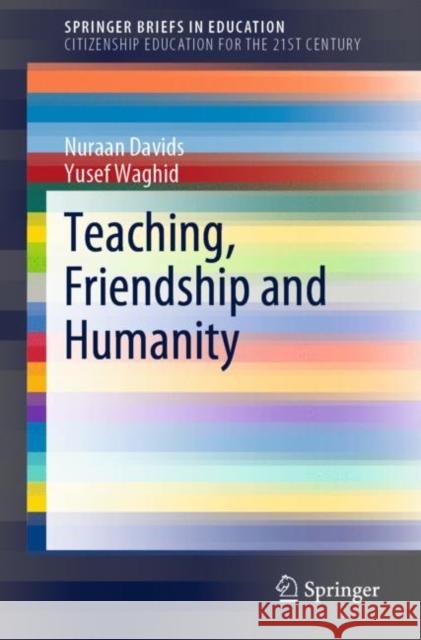Teaching, Friendship and Humanity » książka
topmenu
Teaching, Friendship and Humanity
ISBN-13: 9789811572111 / Angielski / Miękka / 2020 / 109 str.
Kategorie:
Kategorie BISAC:
Wydawca:
Springer
Język:
Angielski
ISBN-13:
9789811572111
Rok wydania:
2020
Wydanie:
2020
Ilość stron:
109
Waga:
0.19 kg
Wymiary:
23.39 x 15.6 x 0.71
Oprawa:
Miękka
Wolumenów:
01
Dodatkowe informacje:
Wydanie ilustrowane











